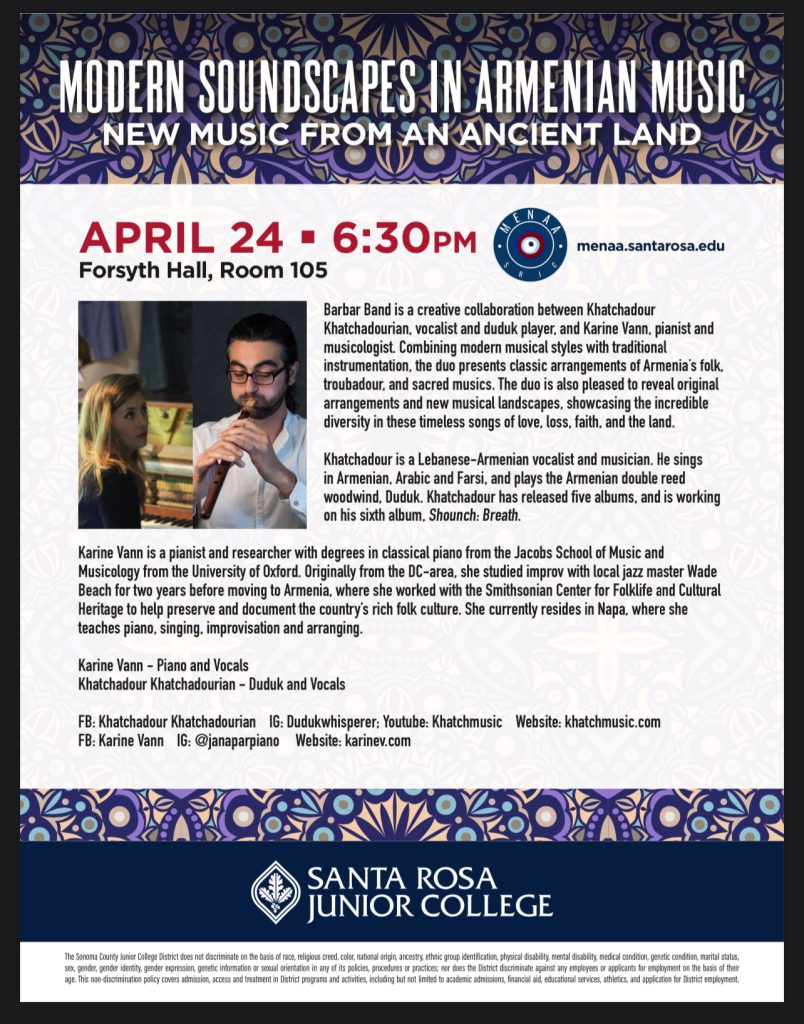4 p.m.
Stephens Hall 270 UC Berkeley
Lecture Abstract
This lecture will introduce participants to the life and literary corpus of St. Nerses Shnorhali, Catholicos of the Armenian Church from 1166–1173 AD, with a focus on the saint’s liturgical odes (taghk). The first part of the lecture will provide an overview of Shnorhali’s life and context in medieval Cilicia during the age of the Crusades, before undertaking a survey of his vast literary, particularly poetic, oeuvre. The lecture will consider the works alongside the axes of tradition and innovation, seeing how Shnorhali both drew on the authors and genres that came before him, particularly St. Grigor Narekatsi and Gregory Magistros, as well as made innovations that had a lasting impact on the subsequent Armenian literary tradition. Special attention will be paid to the place of poetry in Armenian society and the vexed relationship between clerics like Shnorhali and the pre-Christian bardic (gusan) tradition, still an active presence in the twelfth century.
Speaker’s Bio
Dr. Jesse S. Arlen is the director of the Krikor and Clara Zohrab Information Center at the Diocese of the Armenian Church of America (Eastern) and a postdoctoral research fellow at the Orthodox Christian Studies Center of Fordham University. He earned his Ph.D. in 2021 from UCLA under the supervision of Prof. Peter Cowe with a dissertation on Anania of Narek and 10th-century religious developments in Armenia. He has published a number of scholarly studies relating to Armenian monasticism, education, and religious literature. He has taught Classical Armenian at the University of Notre Dame, the Dumbarton Oaks and Hill Museum & Manuscript Library’s intensive summer school, and St. Nersess Armenian Seminary. At the latter institution, he has also given public lecture series on the Armenian medieval historical tradition and medieval Armenian poetry. With Matthew Sarkisian he founded Tarkmaneal Press in 2024 with the goal of publishing annotated texts and translations of Armenian Christian sources. The press’s first two volumes were released in 2024: (1) Matthew J. Sarkisian. An Early-Eighteenth-Century Hmayil (Armenian Prayer Scroll): Introduction, Facsimile, Transcription and Annotated Translation. Edited and with a Foreword by Jesse S. Arlen. Sources from the Armenian Christian Tradition, volume 1 (New York, NY: Tarkmaneal Press, 2024); (2) Matthew J. Sarkisian and Jesse S. Arlen. Odes of Saint Nersess the Graceful: Annotated Translation. Sources from the Armenian Christian Tradition, volume 2 (New York, NY: Tarkmaneal Press, 2024).
https://events.berkeley.edu/armenian/event/283915-time-and-place-heaven-and-eternity-in-the-odes-of


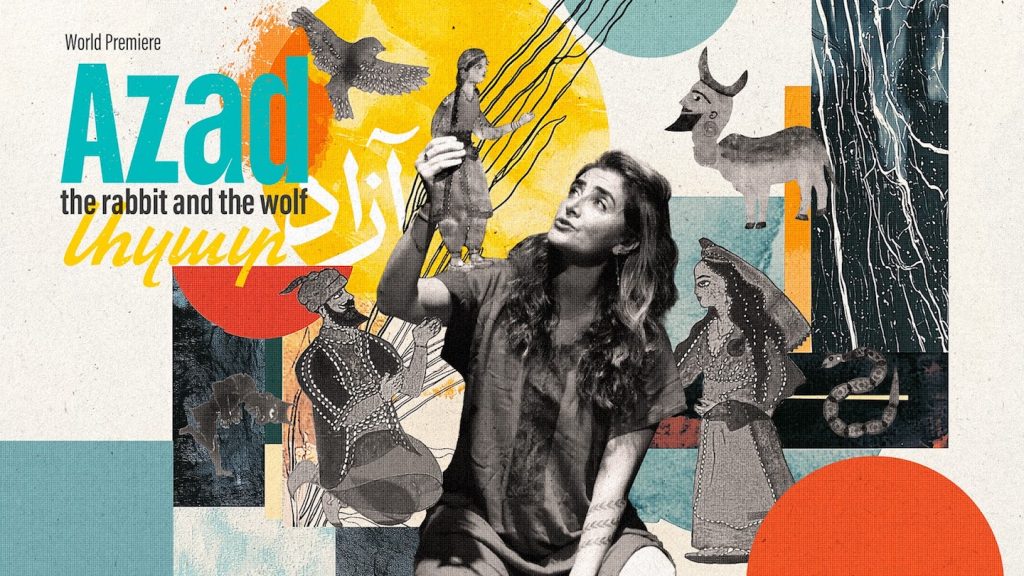

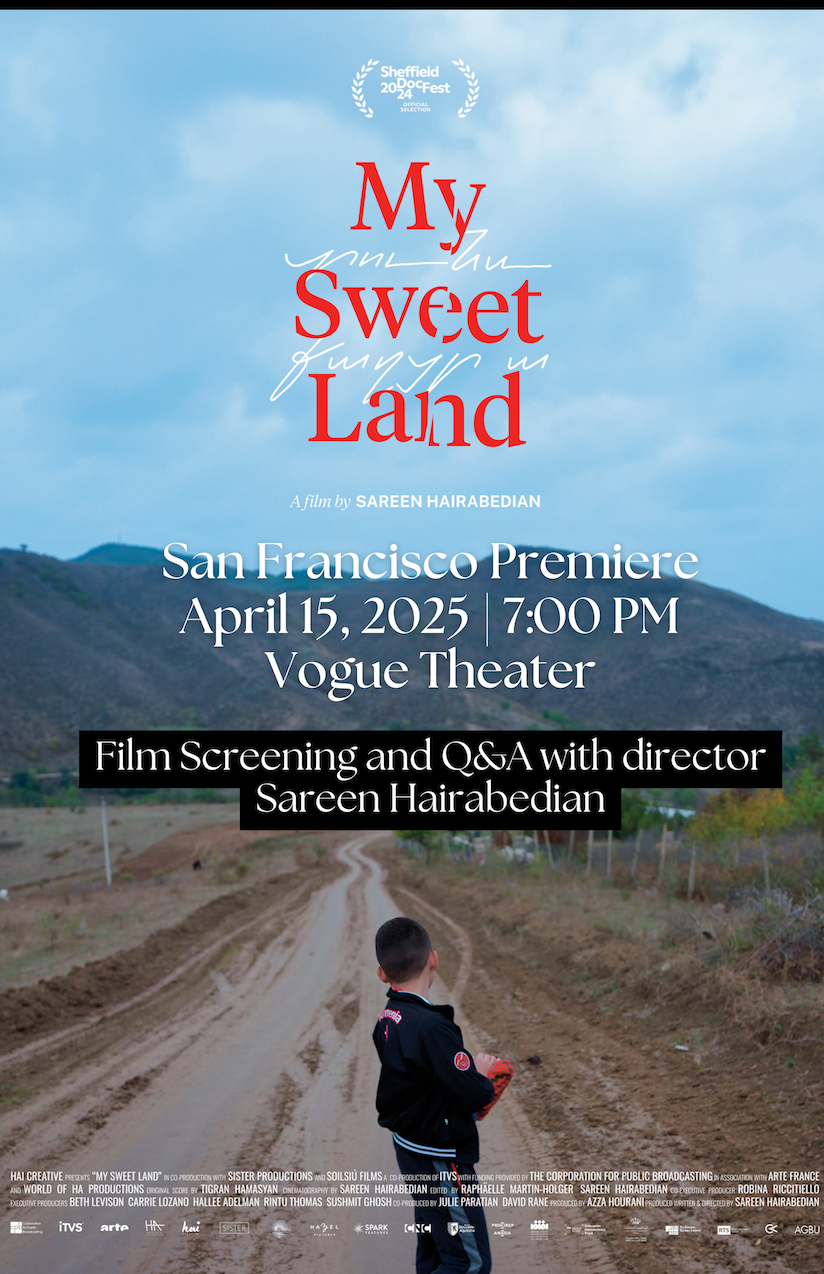
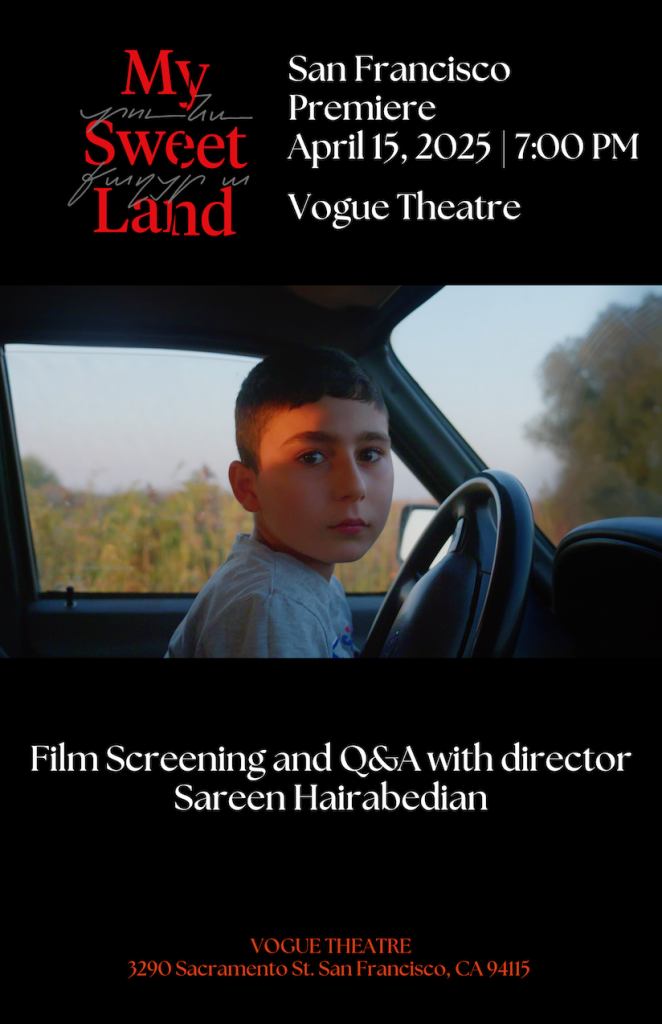
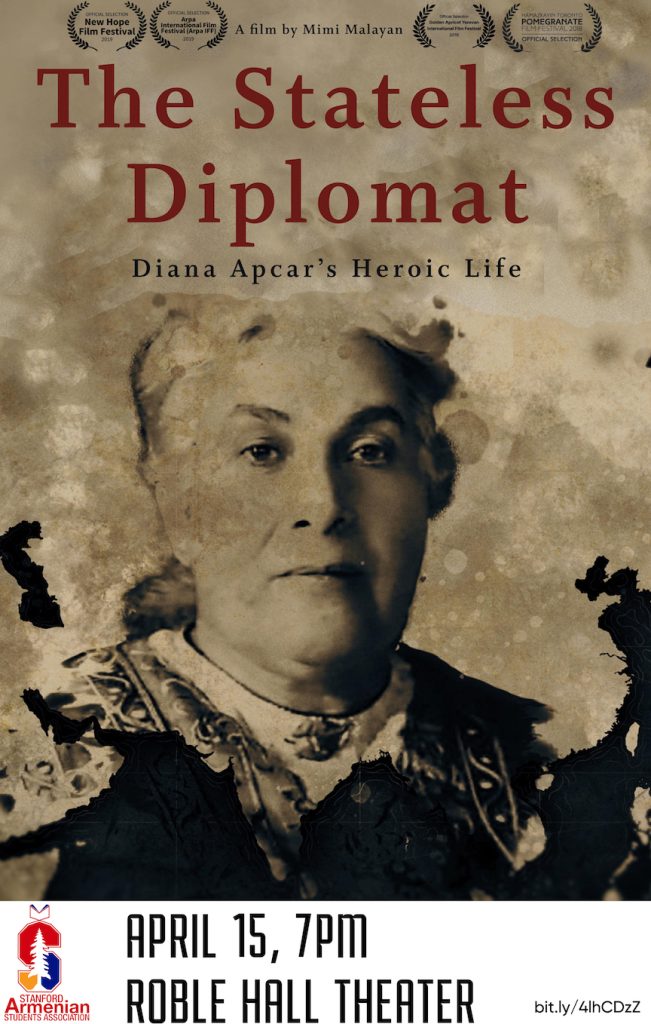
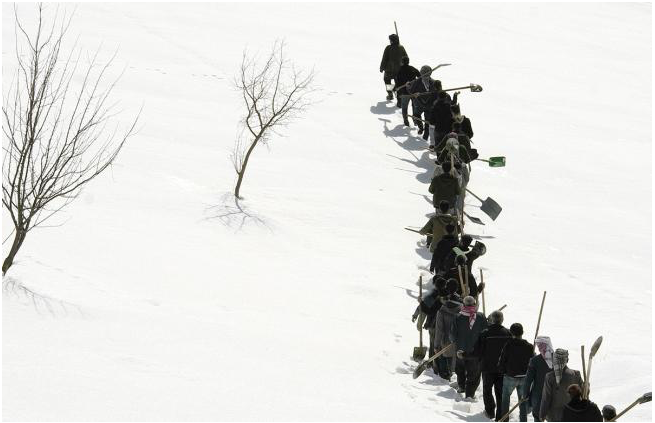
 Pinar Öğrenci
Pinar Öğrenci Deniz Göktürk is a Professor of German and Film at UC Berkeley.
Deniz Göktürk is a Professor of German and Film at UC Berkeley. Minoo Moallemis a Professor of Gender and Women’s Studies and Director of Media Studies at UC Berkeley.
Minoo Moallemis a Professor of Gender and Women’s Studies and Director of Media Studies at UC Berkeley.
